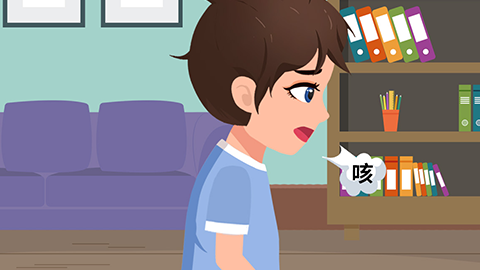What are the symptoms of whooping cough?
Generally, pertussis is a respiratory infectious disease caused by Bordetella pertussis. Its typical manifestations include paroxysmal coughing, crowing inspiratory sound, vomiting after coughing, fever, fatigue, and weakness. Detailed analysis is as follows:

1. Paroxysmal Coughing
The coughing associated with pertussis is usually continuous and difficult to control. Each episode of coughing may last for several minutes or even longer. This kind of coughing consumes a significant amount of the patient's energy, leading to exhaustion.
2. Crowing Inspiratory Sound
When air passes through a narrowed airway, a crowing-like sound is produced, which is caused by airway spasms and narrowing. The presence of this sound indicates that the condition has become quite severe, requiring prompt medical attention.
3. Vomiting After Coughing
During coughing episodes, pertussis patients often experience increased abdominal pressure, which can stimulate the stomach and lead to vomiting. This not only affects the patient's appetite and nutrient intake but may also worsen the patient's discomfort.
4. Fever
Pertussis patients often have fever, which may persist for a prolonged period. Fever intensifies the patient's discomfort and may lead to other complications, such as pneumonia and meningitis.
5. Fatigue and Weakness
Due to the prolonged course of pertussis, patients may experience significant fatigue and weakness throughout the illness. This may affect the patient's daily life and studies, and may also reduce immunity, increasing the risk of contracting other diseases.
In daily life, it is important to maintain good personal hygiene habits, such as washing hands frequently, wearing masks, and avoiding spitting in public places. Additionally, one should avoid visiting crowded and poorly ventilated areas to reduce the risk of infection with Bordetella pertussis.




